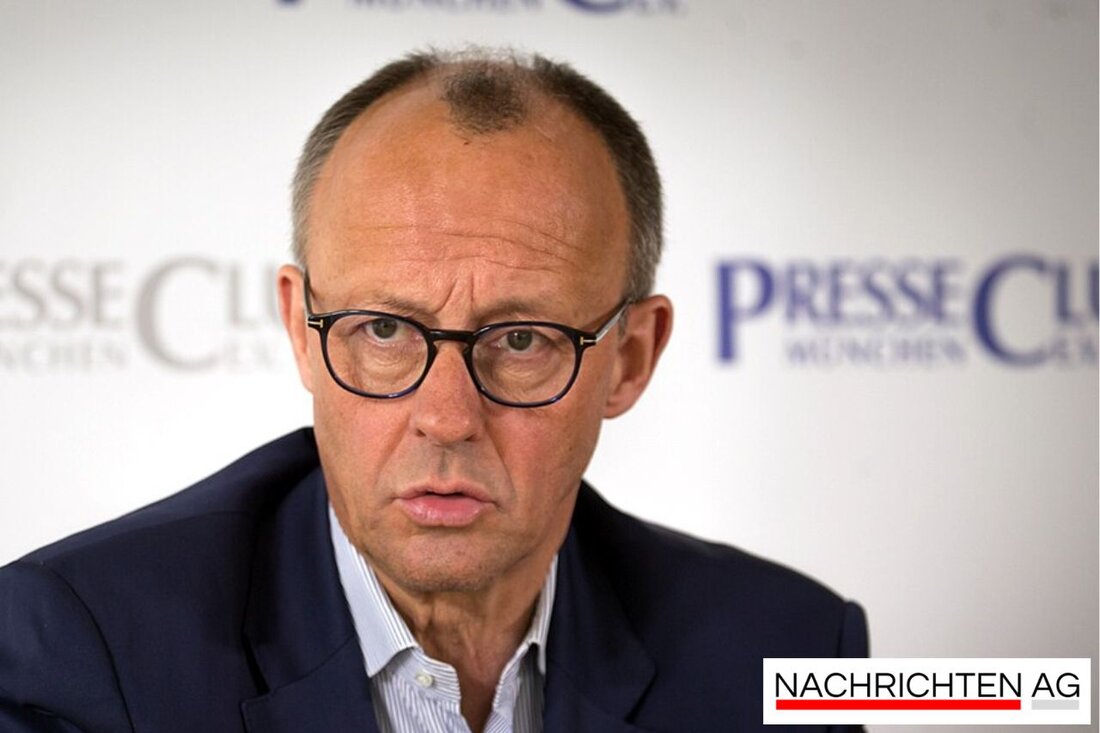Uelzen Federal Police: Increased border controls despite court ruling!
Uelzen's federal police are increasing border controls because of the new migration policy in order to reduce illegal entries.

Uelzen Federal Police: Increased border controls despite court ruling!
The federal police in Uelzen are facing a new challenge: Due to the federal government's changed migration policy, operations at the German borders are being increased. The current government coalition, consisting of the CDU and CSU, has tightened border controls to combat illegal immigration. This is a direct implementation of the election promises of Chancellor Friedrich Merz, who wanted to limit irregular migration “on the first day” of his term in office ZDF reported.
In Uelzen, David Wörmeyer, the head of the federal police department, said that the new conditions would mean an increased need for personnel for border controls. The officers deployed at the border already have experience from previous operations. In recent years, border controls at German borders have not been uncommon, which is why special training is not necessary for the police officers deployed. However, special tactics for dealing with migrants who are already registered as refugees in other EU countries remain controversial. The Berlin Administrative Court found such a rejection in an expedited procedure to be unlawful, but the strict course requirements remain in place.
Statistics and Impact
A look at the numbers shows that the first two weeks after the tightening of border controls resulted in a total of 2,415 rejections, including numerous asylum requests. While 739 people were turned away in the first week, that number rose to 1,676 in the second week. The fact that not only the number of rejections, but also the number of asylum applications filed in Germany increased slightly, illustrates the complexity of the situation: in the period after the tightening, 1,535 new applications were registered, which shows a growing use of the asylum system.
A look back at the past few years shows a general downward trend in terms of irregular migration. Loud ZDF The number of illegal entries into Germany fell from 130,000 in 2023 to a good 80,000 in 2024 - a decline of over a third. A further increase in returns is expected in 2025 as projections point to the lowest level since 2021.
A complex situation
But the Council of Europe discussion about the effectiveness of these border controls is heated. Critics such as migration researcher Marcus Engler from DeZIM e.V. complain that the entry figures are recorded insufficiently and selectively. The economic impact of the controls should not be neglected either: the Federal Police invested around 27.6 million euros in border controls last year, with potential follow-up costs of up to 1.1 billion euros due to disruptions in the movement of goods. Political and financial costs are in difficult relation to the measurable benefits of the measures.
The realization that border controls do not necessarily lead to a reduction in the number of refugees is gaining increasing acceptance. Migration researchers point out that geopolitical developments and cooperation between the EU and third countries have a much greater influence on migration events. An exemplary success can be seen in the more stable situation in Syria and the tougher protection of the EU's external borders, both of which are partly responsible for the decline in refugee migration Media service integration documented.
Where the journey will take remains uncertain. The Uelzen police officers, well trained and experienced, are ready to do their part to maintain order at the borders. However, whether the increased controls have the desired effect, or whether other factors play a much larger role than the border control policy, will become clear in the future.

 Suche
Suche
 Mein Konto
Mein Konto